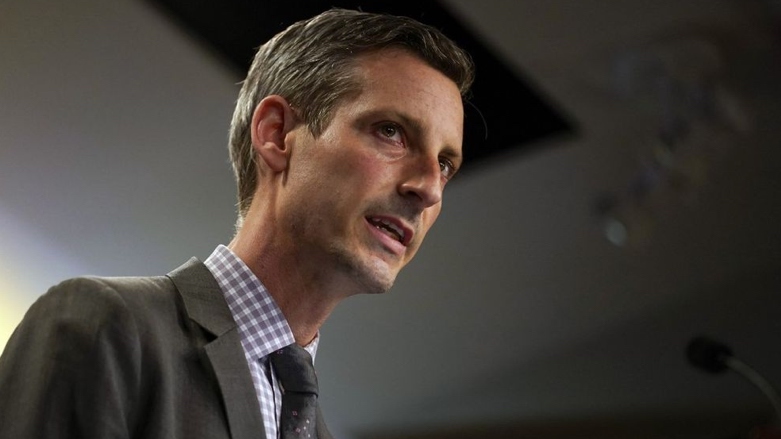US welcomes new Iraqi government
“The Iraqi people deserve economic opportunity, an end to corruption, and improved public services."

WASHINGTON DC, United States (Kurdistan24) - On Thursday, Iraq’s Council of Representatives (COR) approved the government chosen by Iraq’s new prime minister, Mohammed Shia al-Sudani, ending a year of political deadlock, since Iraq’s Oct. 10, 2021 elections.
State Department Spokesperson Ned Price welcomed the development, congratulating Sudani and affirming that “we look forward to working with him and his government on the range of our shared interests, from improving services to the Iraqi people to ensuring a safe, stable, and sovereign Iraq as outlined in our Strategic Framework Agreement”—concluded between the US and Iraq on November 17, 2008, as the presidency of George W. Bush drew to a close.
In remarks to the COR as he presented his new government, Sudani “pledged to fight corruption” and “work to repair ties” with the Kurdistan Regional Government (KRG), The New York Times reported, while Sudani also pledged to “build an economy that would create jobs and improve public services.”
Price pledged US support in dealing with those issues. “The Iraqi people deserve economic opportunity, an end to corruption, and improved public services,” he said.
Price also highlighted Sudani’s “commitment to bring weapons under the control of official and legitimate state institutions,” reference to the pro-Iranian militias, known as the Popular Mobilization Forces (PMF.)
“We share the Iraqi government’s interest in preserving stability and security,” Price affirmed.
Considerable Challenges
When the US undertook to oust Saddam Hussein some 20 years ago, there were significant reasons, rooted in traditional national security concerns, for doing so.
However, Bush and his closest adviser, Condoleezza Rice, opted, instead, to emphasize democracy. In so doing, they ended up discrediting the war. Many Americans came to see Operation Iraqi Freedom (OIF) as a mistake, because Iraq is very far from the democratic paradise that senior Bush administration officials expected and promised—to Americans, as well as Iraqis.
The new Iraqi government, as the Times noted, “embodies a system” established after Saddam’s overthrow that “allocates government ministries to the most powerful political parties, which have routinely used those ministries to enrich themselves.”
Far-reaching corruption follows, along with the consequences of such corruption, including poor public services.
Former Iraqi Prime Minister Nuri al-Maliki “played a prominent role” in establishing the new government, the Times reported. Maliki “was backed by the United States in his first term as prime minister,” but then was seen as responsible for the “sectarian policies that fueled the rise of the Islamic State.”
The Obama administration obliged Maliki to resign in 2014, before it agreed to provide military support to Iraq against ISIS. Nonetheless, Maliki remains an influential figure in Iraqi politics.
The problems that Sudani vowed to address in his speech to the COR on have become endemic to the Iraqi political system and will not be easy to set right.
That is particularly so, as the new government is very similar to the previous government, which was brought down by sustained Iraqi protests. That, in turn, precipitated early elections, which were held in 2021, and which have now produced the new government.
Hence, the Times’ report cited “some analysts” who are pessimistic about the future in Iraq. They believe that Sudani has “little chance of carrying out the sweeping reforms he promised on Thursday,” the Times said.